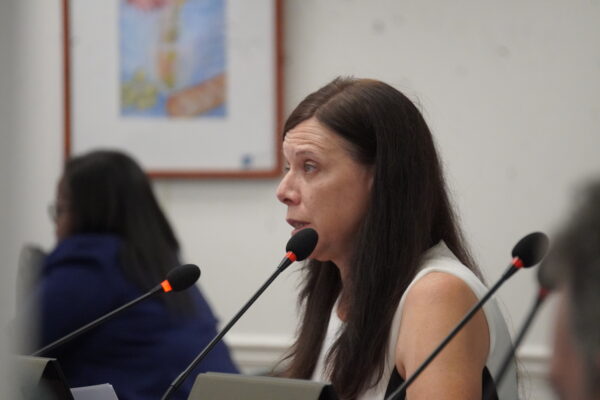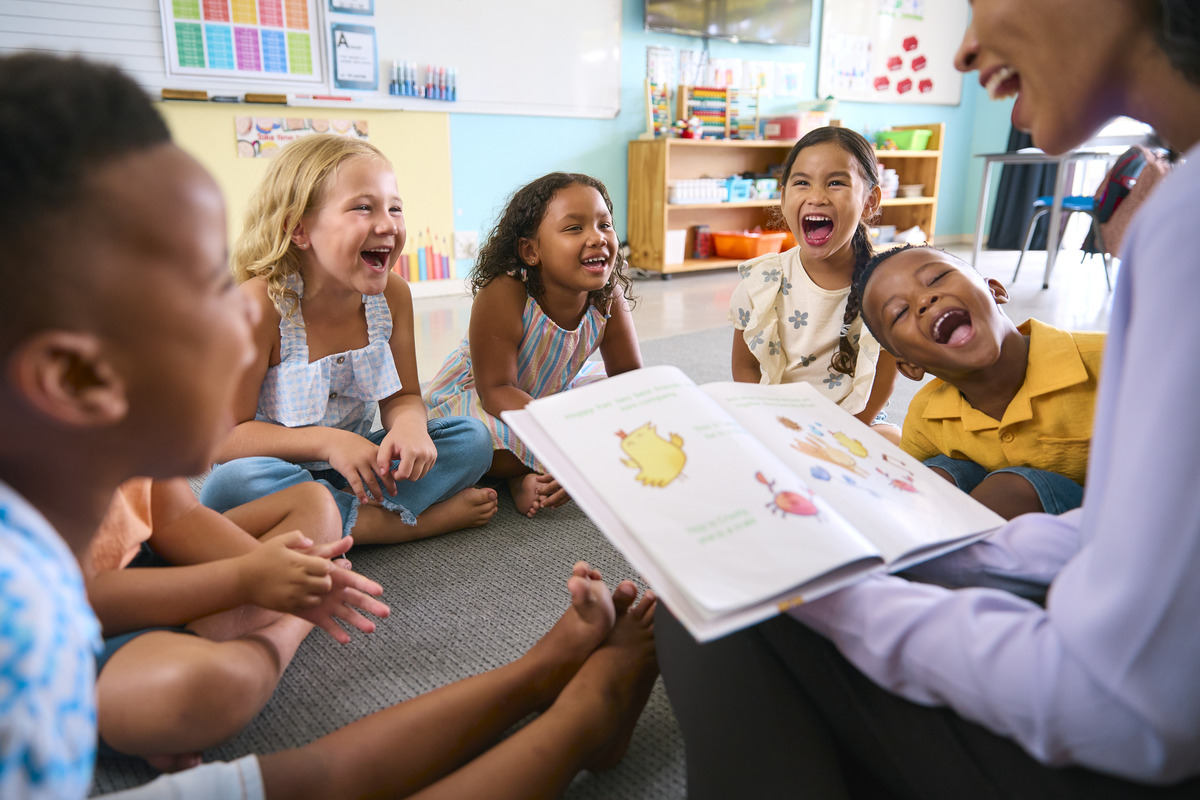Parents would be able to let their children advance to the fourth grade, even if they failed to meet reading standards that would otherwise lead to them being held back, under a proposed revision to the state’s controversial literacy program.
The change, reviewed Tuesday by the state Board of Education, comes as parents and advocates have filed nearly 1,000 comments in response to the literacy plan unveiled last month, and its proposal to retain third graders who are not reading at level.
“The amount of feedback that we’ve gotten, not just through the website, but we’ve received personal emails, written letters,” said Deann Collins, deputy state superintendent in the department’s Office of Teaching and Learning. “The time that folks have taken to say thank you is remarkable,
“We just wanted to make sure people know that we are listening. We will continue to listen,” Collins said.
Under the change outlined Tuesday, a parent or guardian who did not want their child held back in third grade could insist that the child be allowed to advance – but would have to agree to additional support for the student, such as a summer school program, before- or after-school tutoring, or other instructions “that take place outside of the school day.”
The policy comes as the state seeks to boost student achievement, which ranks 40th in the nation on the National Assessment of Educational Progress (NAEP), also known at the Nation’s Report Card. The goal is to put Maryland in the top 10 by 2027.
Prior to the discussion of the literacy program Tuesday, the board reviewed preliminary test results from the Maryland Comprehensive Assessment Program, which showed 48.1% of students achieved proficiency scores in English language arts in the last school year.
Collins and other state education officials stressed that the full policy doesn’t simply focus on the third grade, but includes reading intervention and other literacy programs and activities starting in kindergarten.
Some of the revisions include emphasizing promotion and retention based on state guidance, ensuring partnerships with families on the student reading improvement plan and including pre-service training for future teachers.
State Superintendent Carey Wright said the goal is to present a final literacy program plan to the school board for approval in September. Under that timeline, if the policy is approved it would start to be implemented in the next school year, and the retention part of the plan would not kick in until the 2026-27 school year.
An ‘error’
Before the plan comes back, a few school board members would like to see some changes.
School board member Joan Mele-McCarthy said she hopes instructional support is done during the school day.
“When you get kids after school, not everyone is an eager beaver to do after school work,” said Mele-McCarthy, executive director of The Summit School in Anne Arundel County. “They should be playing baseball or going to dance lessons or playing outside or riding bikes. So, I struggle with that, and encourage us to figure out ways to get the instruction done during school.”
Nick Greer, the parent representative on the board from Baltimore, recommended changing the word “waiver” to “informed consent” for parents and guardians.
“I think what should come from this is that the positions of schools and the professionals to be able to make a recommendation in the same way that a doctor would, or a team of medical professionals would,” he said. “It provides parents with the risks to saying yes and the risks to saying no. I think that those pieces of information should be provided from the state, not from the LEA [local education agency, or school district].”
Susan Getty, who expressed concerns with the policy last month, did so again Tuesday, saying the policy has an “error” by not including prekindergarten education.
“First of all, we’re not a K [kindergarten] through 12 school system. We are pre-K through 12 system,” said Getty, who taught prekindergarten and kindergarten for 35 years. “So, it gives a special opportunity to add another whole year of instruction and intervention that I think we can’t ignore.”

Some of the remarks made by former principals, education advocates, PTA officials and parents said the policy would negatively affect students of color, those from low-income families and multilingual learners.
Michelle Corkadel, president of the Maryland Association of Boards of Education, said retaining students would also decrease a student’s confidence, learning and other factors.
“Moreover, students retained in elementary grades are more likely to be suspended in subsequent years, facing bullying and exhibit bullying behavior,” she said.
Phelton Moss, a professor of education policy and leadership at American University in Washington, D.C., and a Prince George’s County resident, said the policy implemented in Mississippi where he worked is “even stronger.” Wright, who served as Mississippi superintendent before coming to Maryland, confirmed after the meeting she worked there with Moss.
“However, I must emphasize the importance of state investment and the resources necessary for full implementation,” Moss said, while testifying virtually. “With adequate support, including state assigned literacy coaching and comprehensive teacher training, we can avoid falling short of our goals and potentially harming students who need help.”
For those who didn’t get to comment Tuesday, the department plans to post the revised policy on its website with a comment form people can fill out.
Maryland Matters is part of States Newsroom, a nonprofit news network supported by grants and a coalition of donors as a 501c(3) public charity. Maryland Matters maintains editorial independence. Contact Editor Steve Crane for questions: editor@marylandmatters.org. Follow Maryland Matters on Facebook and X.



